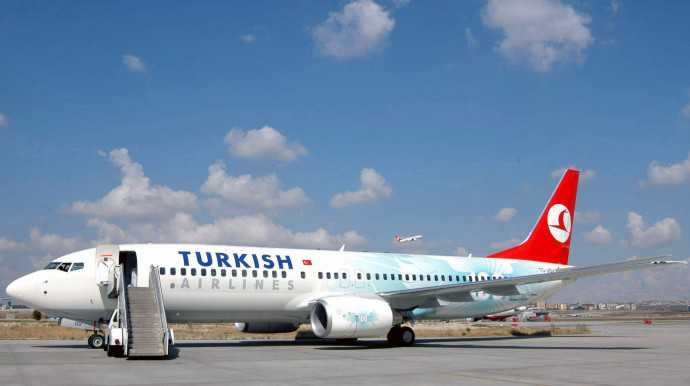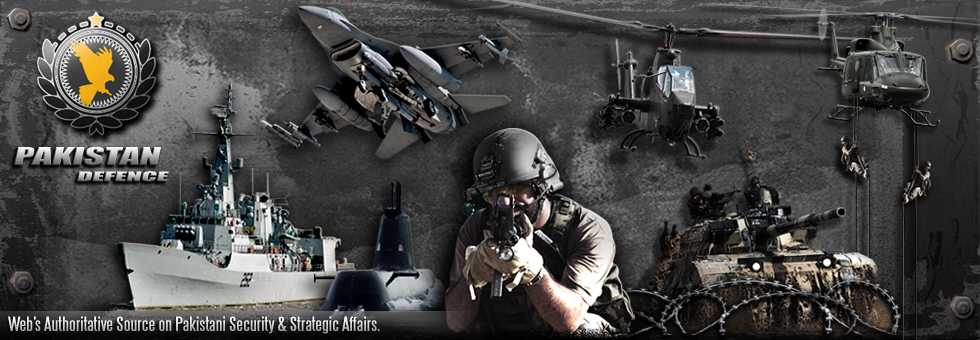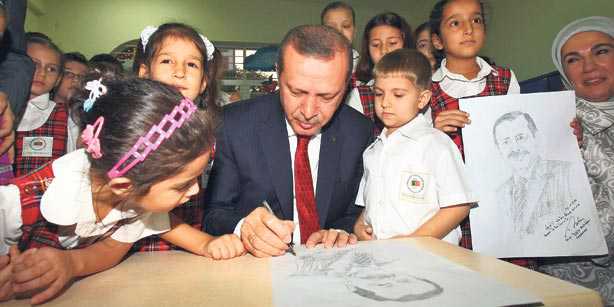Regional approach in Turkish foreign policy and the case of Afghanistan
by
Şaban Kardaş*
11 November 2010, Thursday
Today’s Zaman
The activism of late observed in Turkish foreign policy demonstrates a clear preference for a regional approach to international relations. It has been almost a mantra for Turkey’s new foreign policy elite to promote regional actors’ ownership of economic and security affairs in their own neighborhood. Various such initiatives that Turkey has been spearheading recently in its adjacent regions, including the Middle East, Caucasus, Balkans and beyond, underscore Turkey’s emergence as a regional power willing and able to assume leadership roles in those regions. Turkey has been pursuing customs and visa liberalization with many of its neighbors, while initiating strategic cooperation councils with others. Similar to Turkey’s initiation of the Organization of the Black Sea Economic Cooperation in the 1990s, Turkey has also launched a Caucasus Stability and Cooperation Platform. Complementing these efforts are various other bilateral or trilateral processes under its patronage, such as the ones between Bosnia and Herzegovina and Serbia, or between Afghanistan and Pakistan.
These regional cooperation schemes are driven by a unique mix of principled and instrumental reasons. On the one hand, by forging closer economic and political ties among regional actors and providing a venue for the exchange of opinions between rival forces, Turkey hopes to promote interdependence, hence the formation of peaceful regional orders, as an end in itself. In that sense, Turkey can be seen as acting as a “good international citizen,” seeking to project a progressive, liberal internationalist outlook in its own neighborhood. Perhaps, Ahmet Davutoğlu’s depiction of Turkey as an “order instituting” power — though some find this term implies imperialistic tendencies, as reflected in the notorious debate on neo-Ottomanism — summarizes well Turkey’s desire to foster peaceful neighborhoods.
On the other hand, Turkey definitely has some self-interested reasons to invest in these sometimes costly projects, as the eventual rise of peaceful neighborhoods is likely to create a belt of stability surrounding Turkey, thus boosting its own security. Moreover, this new approach to regional affairs, equipped with soft power instruments, can reduce the anxiety of other actors, thus facilitating Turkey’s penetration into new areas in pursuit of commercial and political interests. It is, therefore, no wonder that the Turkish business community is also actively supporting the new cooperation schemes initiated by the government, as they are the most immediate benefactors of the new “trade and economic development promote peace” approach.
A recent case to show the contours of this new approach is Turkey’s efforts to form a platform to aid the stabilization and recovery of Afghanistan in the wake of the decades-old civil war and a devastating foreign intervention. In addition to various other contributions it has made towards the stabilization of Afghanistan, Turkey also initiated the Regional Economic Cooperation Conference on Afghanistan (RECCA). The fourth meeting of RECCA, co-chaired by Davutoğlu and his Afghan counterpart, Zalmai Rassoul, was held in İstanbul on Nov. 3, bringing together officials from neighboring countries as well as representatives from international organizations. On the sidelines of the conference, a business forum organized by the Turkish Union of Chambers and Commodity Exchanges (TOBB) and the Foreign Economic Relations Board (DEİK), and an academic forum organized by the Foreign Ministry and Boğaziçi University, also took place, underscoring the multidimensionality of Turkey’s new approach.
The RECCA idea follows on Turkey’s accumulated experience from the platform of countries neighboring Iraq, which has played a critical role by forestalling the involvement of regional countries in Iraqi domestic affairs to capitalize opportunistically on the internal weaknesses of the country in the transition period. As such, regional actors’ coordination of their policies, though to a limited extent, has played a substantial role in dampening the tensions in the Middle East, and preventing further destabilization of Iraq and the region.
Afghanistan’s challenges and prospects
The discussions taking place at the RECCA academic platform, which I also attended, highlighted the challenges as well as the prospects of the regional approach to Afghanistan. The RECCA process has yet to produce concrete outcomes, but even the clear expression of support and commitment from Afghanistan’s neighbors to regional cooperation model as the best way to ensure Afghanistan’s economic development and political stabilization can be considered as a substantial achievement.
If the neighbors get together around the same table to discuss their possible contributions and coordinated action, instead of jockeying for power, in Afghanistan, Turkey deserves some credit. If the idea of regional ownership takes hold in this volatile corner of the world and trust among the neighboring countries can be established, it might offer the best way to tackle the many destabilizing forces that are all trans-boundary and require regional responses, such as terrorism, drug and human trafficking and organized crime. Such a regional approach can also facilitate the undertaking of massive investments needed to build transportation infrastructure and health and education facilities, as well as (re)building a functioning government apparatus. Especially promising is the prospect of constructing roads, railways and pipelines traversing Afghanistan so that it emerges as a transportation hub to facilitate the free flow of minerals, goods and people both in East-West and North-South directions.
A major challenge before this rather optimistic vision, however, is the poor condition of the existing regional institutional architecture, both in terms of physical infrastructure and legal regulations. Turkey has been single-handedly advocating this project, yet it is unclear if other regional countries do share the same degree of enthusiasm and commitment to sustain it, short of Turkey’s contributions. The countries in the region have lagged behind other parts of the world that have come a long way towards setting up effective regional organizations. In an environment where many of the regional countries are beset with political and economic crises of their own, there are grounds to maintain skepticism towards the prospects of a regional approach. Therefore, outside involvement from the international community seems necessary to maintain the momentum.
At this juncture, there emerges yet another major challenge before the regional cooperation approach to Afghanistan: What role outside players, or the international community, should be allowed to play. Ideally, one might argue that outside actors could play constructive roles by bringing in valuable technical expertise or financial resources to build functioning regional institutional mechanisms and ease Afghanistan’s socioeconomic restructuring. Despite the bad reputation of foreign involvement, which in many ways is responsible for the current standing of this country, the current Afghan government wants to see the continuation of foreign involvement, including that of the US. In the Afghan view, which is also shared by Turkey in principle, regional cooperation should proceed in tandem with the assistance of the international community. Other actors, especially Iran, are rather eager to approach regional cooperation from an exclusivist point of view, seeking to reserve the management of regional security and stability to regional actors exclusively and confine the involvement of the international community to the provision of development assistance only. This is part of Iran’s power play, in which it works to end the penetration of the US in its immediate periphery to the extent possible, as in its advocating of a similar position in the Persian Gulf.
This is a dispute Turkey definitely does not want to take part in, but it will have to confront those questions increasingly, as the regional emphasis in its foreign policy gains pace. Turkey will come under pressure to weigh the costs and benefits of pursuing its regional approach on the basis of regional exclusivity or greater harmonization with the international community.






